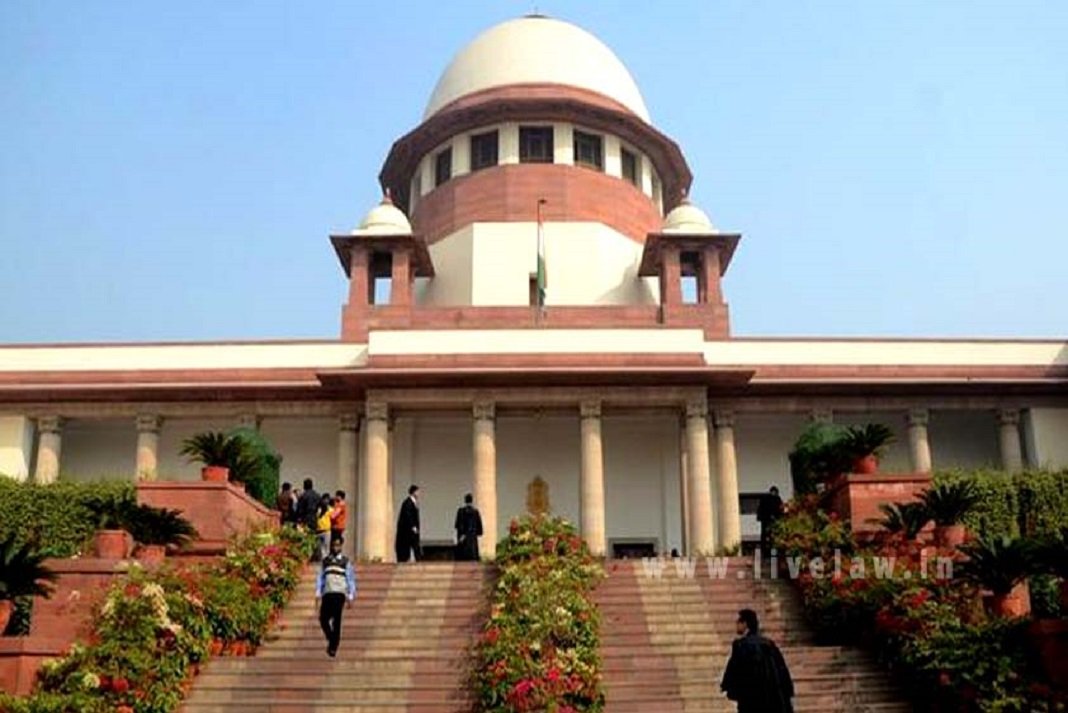Supreme Court urged Parliament to consider enacting a new law to effectively deal with incidents of mob lynching, cow vigilantism that threaten rule of law and the country’s social fabric.
Web Report
NEW DELHI — The Supreme Court on Tuesday condemned mob lynching incidents across the country and urged Parliament to consider enacting a new law to effectively deal with incidents of mob lynching, saying “horrendous acts of mobocracy” cannot be allowed to become a new norm.
“It is the duty of the State to maintain law and order, social and pluralistic fabric of the society and the rule of law,” bench of Chief Justice Dipak Misra, Justice A.M. Khanwilkqar and Justice D.Y. Chandrachud said.
A bench headed by Chief Justice Dipak Misra also passed a slew of directions to provide “preventive, remedial and punitive measures” to deal with offences like mob violence and cow vigilantism.
“Horrendous acts of mobocracy cannot be allowed to become a new norm and has to be curbed with iron hands,” the bench said, adding that states cannot turn a deaf ear to such incidents.
The court said the growing numbness of the ordinary Indian to the frequent incidents of lynchings happening right before his eyes in a society based on rule of law is shocking. The government should see the judgment as a “clarion call” in a time of exigency and work towards strengthening the social order.
Chief Justice Misra while pronouncing judgement said that no one can take the law into their own hands or become a law unto himself.
Asking the Centre to file a compliance report on its directions, the court adjourned the matter to August 20.
The judgment came in a contempt petition filed by activist Tehseen Poonawalla. It said that despite the Supreme Court order to the States to prevent lynchings and violence by cow vigilantes, the crime continued with impunity.
The bench has now posted the PIL filed by persons like Tushar Gandhi and Tehseen Poonawalla for further hearing on August 28 and asked the Centre and state governments to take steps to deal with such offences in pursuance of its directions.
(With inputs from agencies)


